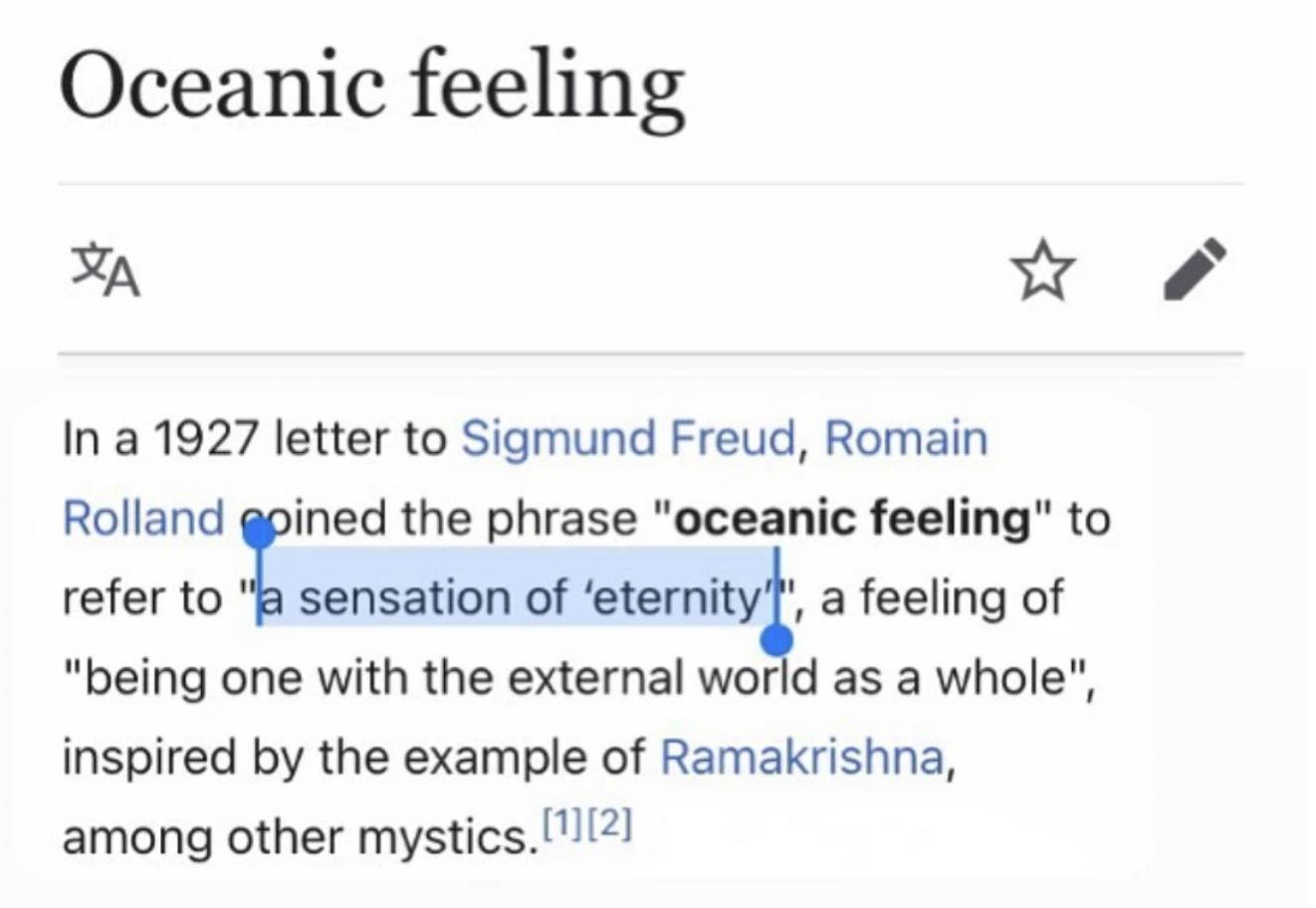🚿(under)water
How inappropriate to call this planet Earth when it is quite clearly ocean.
— Arthur C. Clarke
collection inspired by sharks 🦈
🚿(under)water
How inappropriate to call this planet Earth when it is quite clearly ocean.
— Arthur C. Clarke
collection inspired by sharks 🦈
One of my favorite ways of understanding nature creating more possibilities, is to watch water move through the world. Water creates the ways for itself, moving with gravity, moving around obstacles, wearing down obstacles, reshaping the world. When there isn’t an overt way forward, water seeps into the land, becomes a vapor in the sky, freezes int
... See more‘The cure for anything is salt water: sweat, tears or the sea.’ by Karen Blixen, writing as Isak Dinesen
Song of the sea
An animal that can change itself to match its surroundings, just by contracting its skin? That can weigh as many stone as a man and stretch the length of a carriage, and yet fold its body through a crevice? Whose brain is wrapped about its throat—a brain no larger than a pea—but who is clever enough to play actual games? An animal with this much in
... See more
“whether to float with the tide, or to swim for a goal”
In China the symbol in the center is also known as Tai Chi, the symbol for the two fundamental principles, the positive and the negative, the yang and the yin that are held to lie at the root of all phenomena in the world. The Chinese character for the word yang looks like a fish; it represents the light side, and means the southern or bright side
... See more